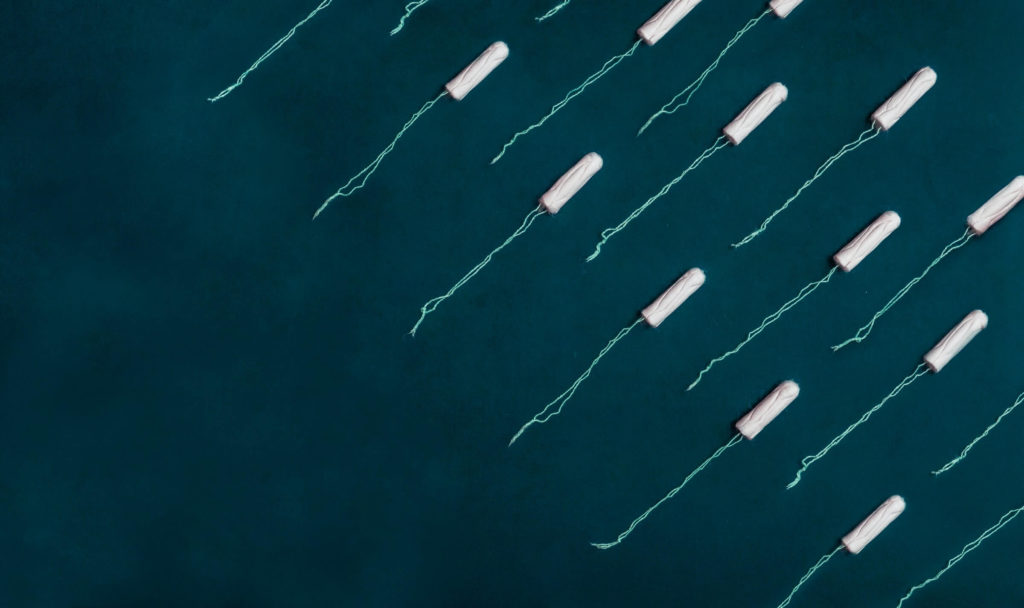Are you a woman and do you recognize the feeling that one week you are confident, rested and on top of your game? And the next, you feel sorry for everyone and everything (even a stone can make you cry) and you don’t feel good about yourself and the way you look. Maybe you get very irritated because someone sends you a nice (please note) text message (“I really don’t have the energy for that now.”). Or, are you in a relationship with a woman and you want to understand why this happens? It could have something to do with the menstrual cycle, read more to find out.
The role of hormones
The following hormones play an important role in a woman’s menstrual cycle:
- Estrogen: this hormone makes you feel good. If this hormone’s level rises, you feel better about yourself and you can better manage stress. You generally feel optimistic and energetic, confident and creative. You dare to communicate well and you feel happy.
- Testosterone: This hormone increases your sex drive or libido. The level of this hormone rises just before ovulation.
- Progesterone: This hormone makes you feel lethargic. You don’t feel like doing much and you feel like indulging in tasty snacks. You feel more anxiety, you worry more and you feel physically uncomfortable.
The menstrual cycle
A menstrual cycle consists of approximately 4 weeks (28 days):
1: During your period (duration: 3 to 7 days)
During this phase, the amounts of progesterone and estrogen are roughly the same: your period starts. In the first few days of your period, you may still feel bad because of the early progesterone peak. Towards the end of this phase, estrogen levels slowly increase and you start to feel a little better.
2: Before your ovulation (duration: 7 to 10 days)
During this phase all hormone levels are relatively low and stable. Eventually, the estrogen level rises and you start to feel more confident. Towards the end of this phase, testosterone rises: your sex drive increases.
3: During your ovulation (duration: 3 to 5 days)
In this phase you feel your best; your estrogen and testosterone levels are on the rise. You dare more, you feel good, you feel like dressing up. You feel happy and you feel like you can take on the world.
4: After your ovulation (10 to 14 days)
In the final stage, your estrogen levels drop rapidly in a very short time. The hormone progesterone is produced and your mood changes quickly; you feel low and want to eat a lot of (bad) things. During this phase you feel the worst. It occurs the week before your period, some women may even suffer from premenstrual syndrome (PMS).
Hormone fluctuations
Of course, the above example does not apply to every woman and an unpleasant state of mind can never be 100% attributed to your hormones. During the menstrual cycle you can experience a lot of hormone fluctuations, which makes it useful to consider: “What phase of my cycle am I at the moment?”. Sometimes that can give some explanation (“Oh, that’s why I almost cried when my colleague sent me a sweet message.”).
If you suffer from an irregular cycle, it is a little more difficult to tell what your levels of hormones are exactly.
NiceDay
Do you experience a lot of mood swings? Your lifestyle (nutrition, exercise and sleep) and how you deal with stress, for example, can influence your cycle. You can keep track of your mood and menstrual cycle via NiceDay. This can provide insight into what is happening to you and how you feel during your cycle. Do you notice that you have a lot of problems with your hormones and / or do you have an irregular cycle? Then try to contact the doctor. A GP can refer you to a gynecologist: a gynecologist specializes in complaints or abnormalities in women.











